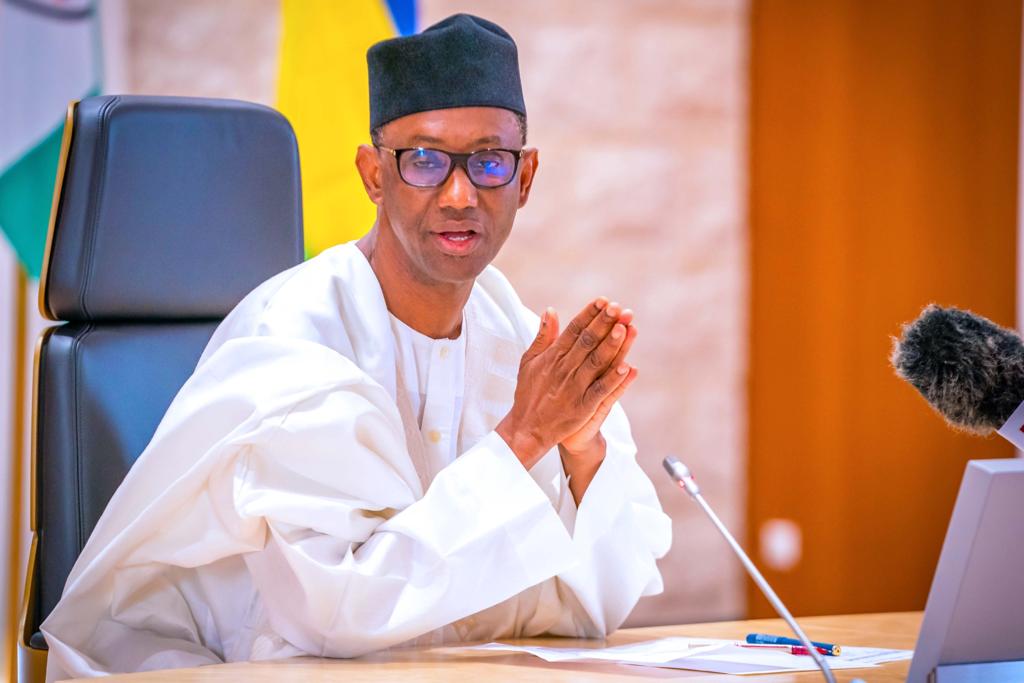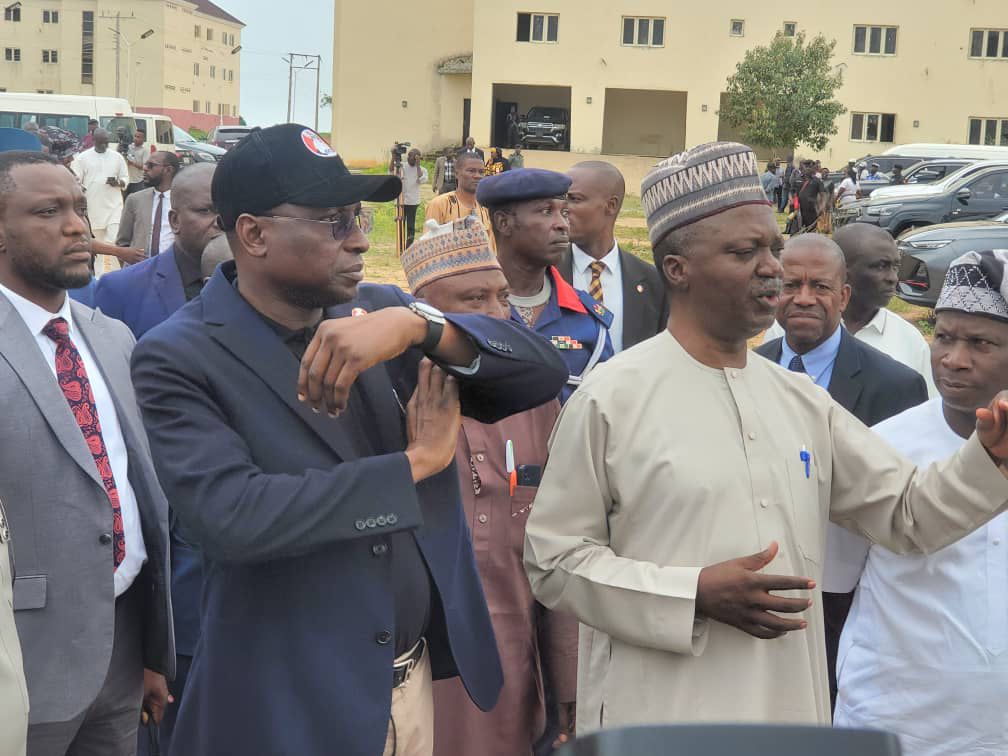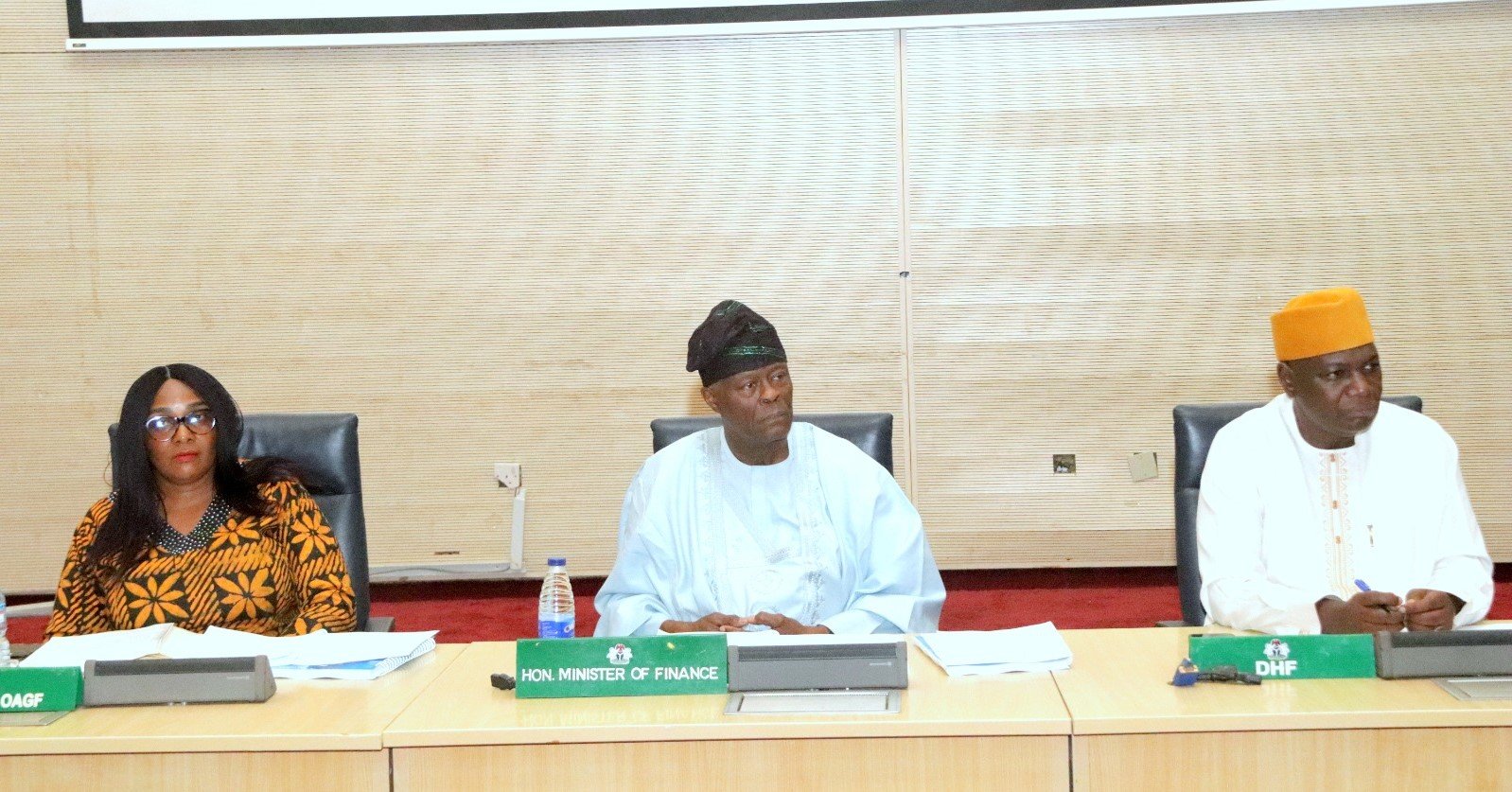The Economic Community of West African States (ECOWAS) has expressed worries that plastic pollution is becoming a transboundary problem that requires a coordinated regional response.
ECOWAS said this in Abuja on Tuesday on the occasion commemorating the World Environment Day Celebration, with the theme: “Together, We Can Beat Plastic Pollution”.
The West African sub-region is said to generate nearly eight million metric tonnes (MT) of plastic waste every year, a figure that is set to rise by 52 percent in five years.
More than 80 per cent of plastic waste is said to be poorly managed in West Africa, adversely affecting human health, ecosystems and blue-economy sectors such as fishing and tourism.
Tackling plastic pollution, Massandje Toure-Litse, Commissioner, Economic Affairs & Agriculture, ECOWAS Commission, said, is a test of the region’s resolve to act together, as governments, private sector actors, civil society, and citizens.
Toure-Litse, therefore, reaffirmed the commission’s commitment to a clean environment.
The ECOWAS commissioner, who was represented by Mr. Yao Bernard Koffi, Acting Director, Environment and Natural Resources, said, “There is growing recognition that plastic pollution is a transboundary problem that requires a coordinated regional response.
“The theme for this year, ‘Together, We Can Beat Plastic Pollution’, resonates deeply with our regional priorities. Plastic pollution is not only a global menace but a regional and national crisis.
“There is growing recognition that plastic pollution is a transboundary problem that requires a coordinated regional response. ECOWAS has therefore committed to addressing persistent challenges by adopting Regulation C/REG.17/12/23 on plastics management in 2023, requiring member states to harmonise regulations on plastic products and adopt best practices in plastic waste management.”
While noting that the ECOWAS Commission is supporting Member States to harmonise environmental standards and promote green industrialisation, the Commissioner said, “But we must do more collectively and urgently”.
On his part, Nigeria’s Minister of Environment, Balarabe Abbas Lawal, said, “Plastic pollution is not just an environmental issue but also an economic and public health crisis.”
He assured ECOWAS of the Federal Government of Nigeria’s commitment to a cleaner, greener, and more resilient environment.










